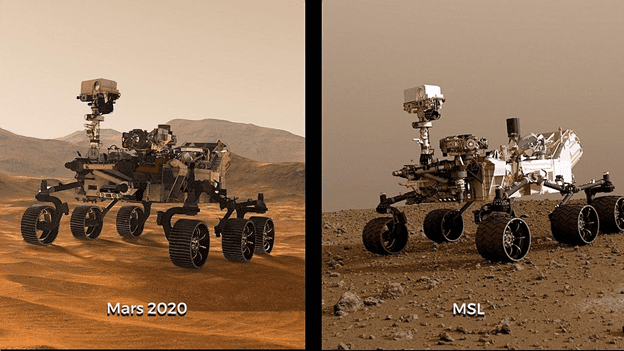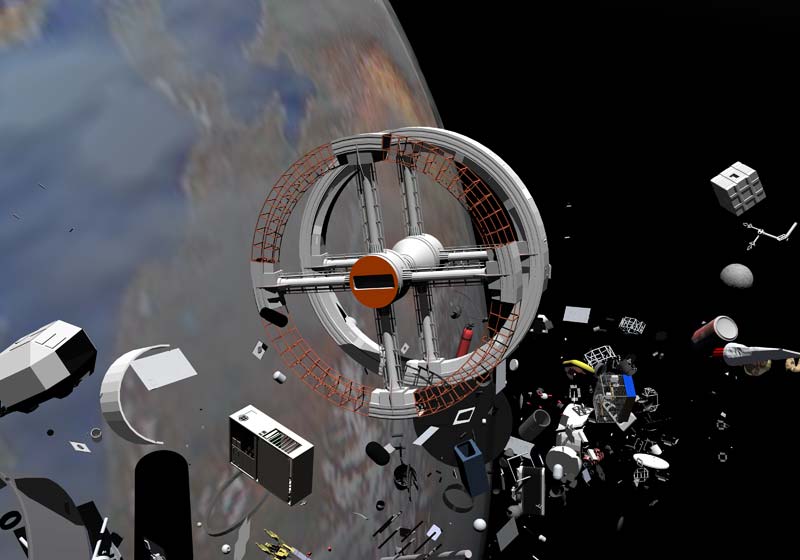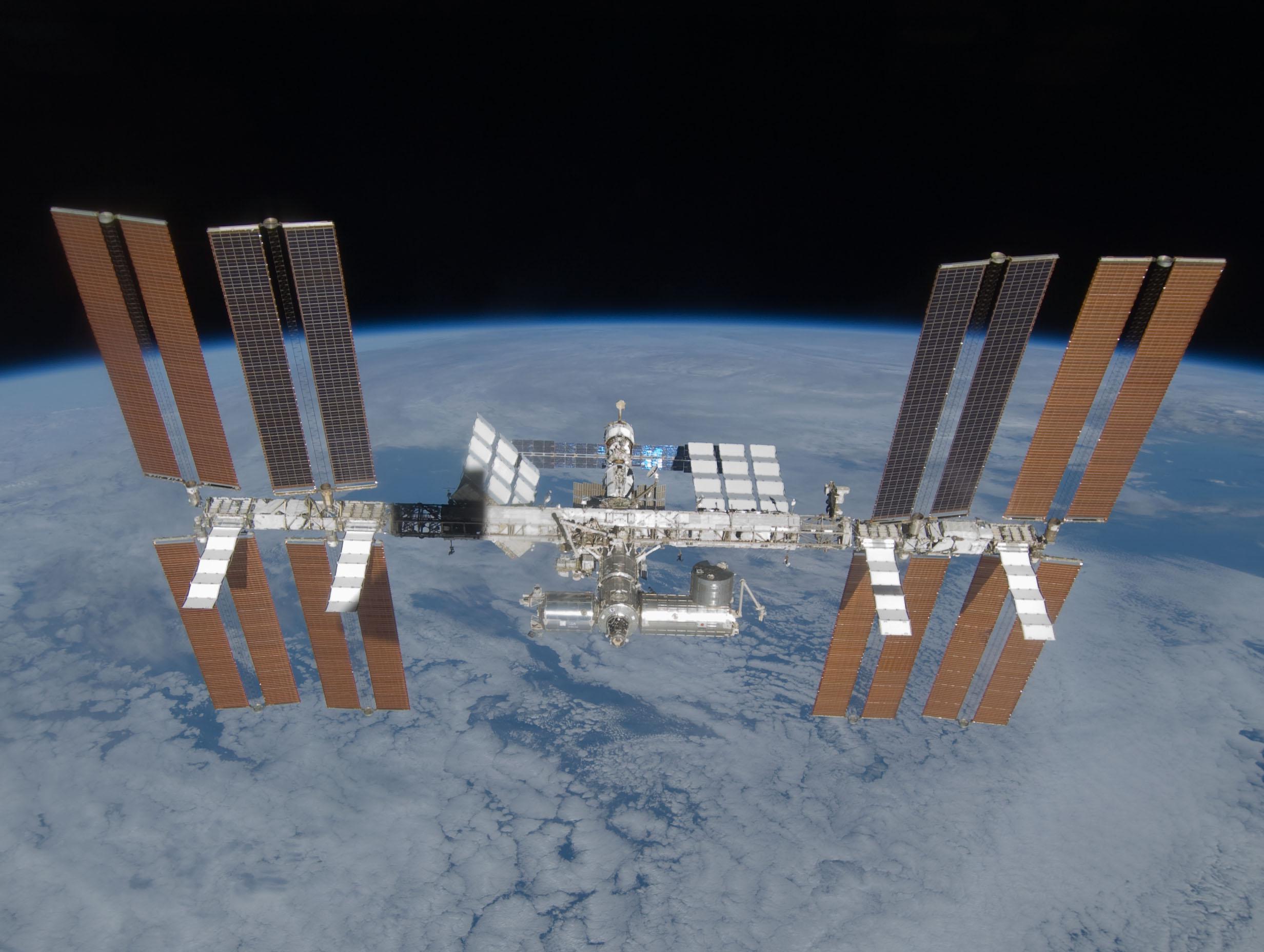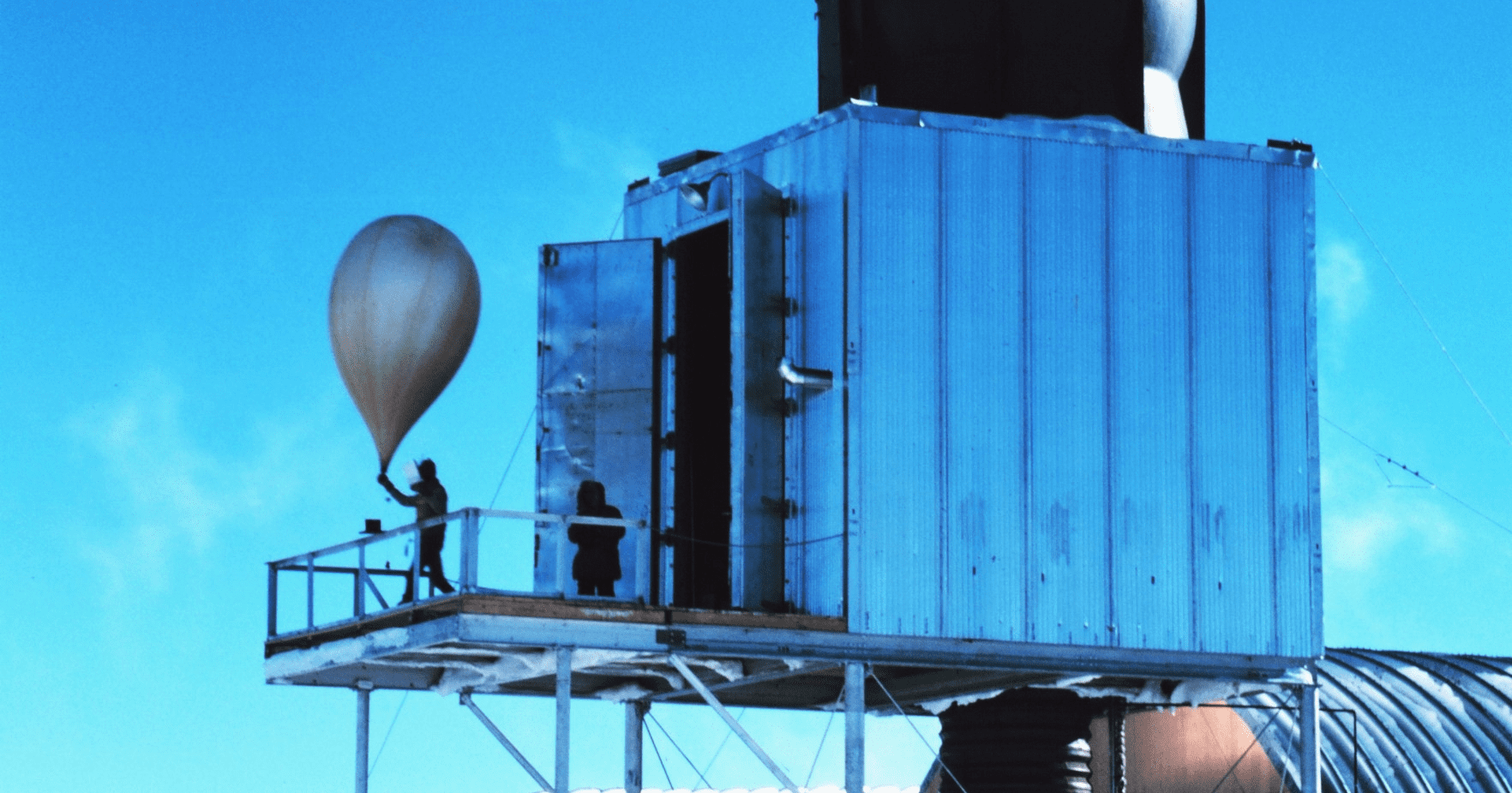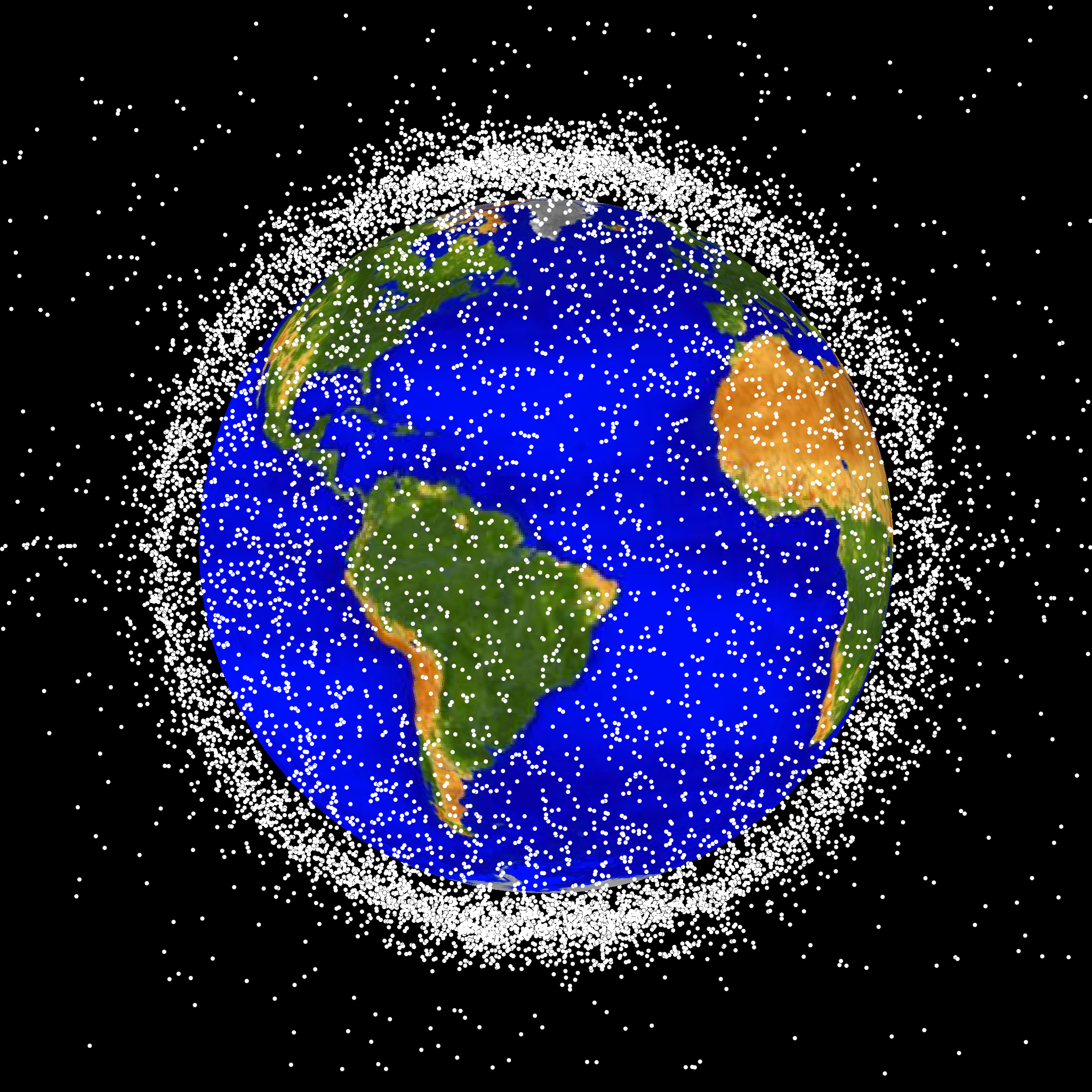
Getting SAFER with Space Waste
When the International Space Station (ISS) reaches the end of its lifespan in 2031, where will it go? No options for major recycling exist in outer space, so when a spacecraft is decommissioned, there are only three “trash cans” available. The first is a so-called “graveyard orbit,” where spacecraft are blasted away from Earth into

